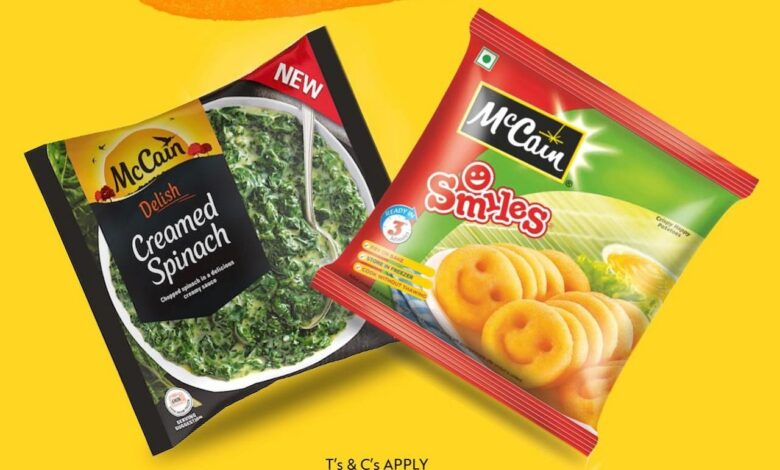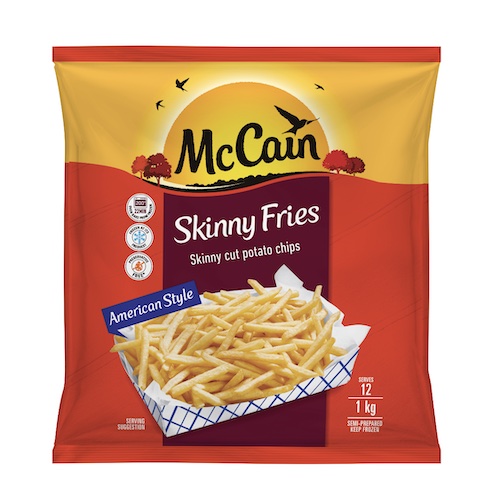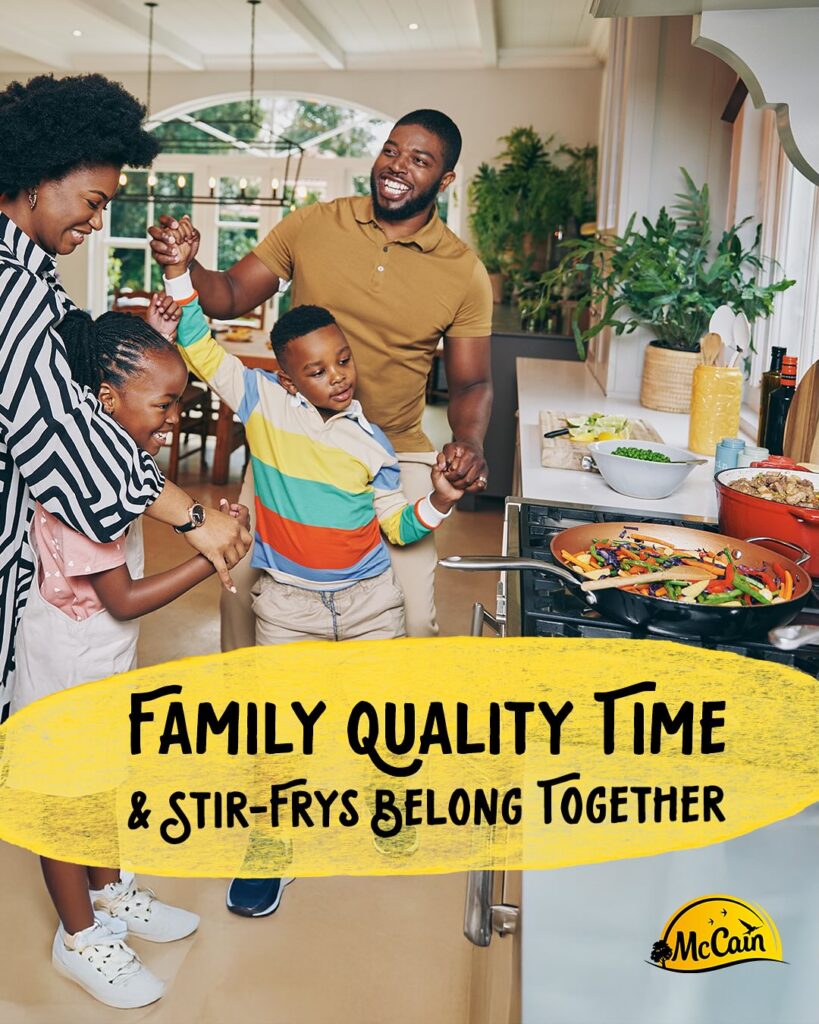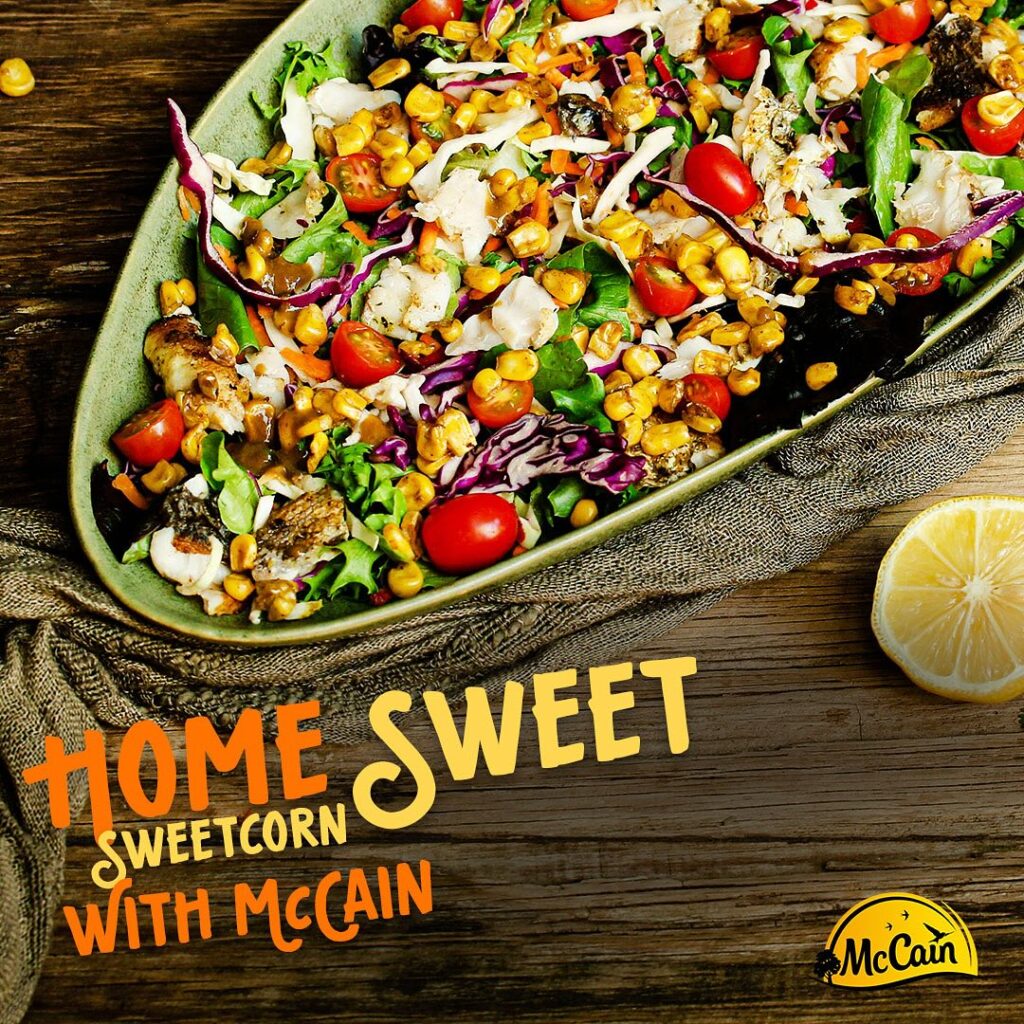From Farm to Global Freezer Aisles: How McCain Built a Frozen Food Empire

From Farm to Global Freezer Aisles: How McCain Built a Frozen Food Empire. In the competitive and often volatile world of food production, McCain Foods has carved out a reputation that spans continents and generations. Known primarily for its frozen potato products — especially French fries — McCain’s rise from a small Canadian operation to a global leader is a masterclass in authenticity, strategic marketing, resilience, and smart expansion. For entrepreneurs seeking real-world insights, McCain’s journey provides a powerful blueprint for building a brand that lasts.
Humble Beginnings: A Family Business with Big Vision
The story of McCain begins in 1957, in the small town of Florenceville, New Brunswick, Canada. Brothers Harrison and Wallace McCain, along with their siblings Robert and Andrew, launched McCain Foods Limited, betting on the idea that frozen French fries would become a kitchen staple.
At the time, frozen foods were still a novelty, but the McCain brothers recognized a growing trend: more households were seeking convenience without compromising on quality. Their bet paid off. McCain’s focus on using locally sourced, high-quality potatoes gave them an authentic edge in a nascent market.
Actionable Insight:
Entrepreneurs should identify emerging consumer trends early and commit fully to quality to build long-term trust.

Smart Scaling: Rapid Growth Without Losing Core Values
By the mid-1960s, McCain Foods was thriving domestically and began expanding internationally. The company’s philosophy was straightforward but powerful: replicate the quality and business model in new markets rather than diluting the brand.
Expansion was methodical:
- McCain set up plants close to potato farming regions in each new country, ensuring local supply chains.
- They maintained consistent product standards across borders, building a truly global brand identity.
- Strategic partnerships with restaurants, fast-food chains, and large retailers allowed McCain to anchor itself in multiple consumer segments.
By the early 1980s, McCain had become the world’s largest producer of frozen French fries.
Actionable Insight:
When expanding, adapt operational logistics to local conditions while maintaining brand consistency globally.
Strategic Marketing: Emotional Storytelling Meets Practical Value
McCain’s marketing has always walked a fine line between emotional storytelling and clear product value. Campaigns emphasized family, home-cooked meals, and the comfort of familiarity — themes that resonated universally.
Rather than just promoting convenience, McCain emphasized quality and tradition. Their advertising often showcased real families enjoying McCain products at dinner tables, positioning the brand as an extension of everyday life, not just another product on the shelf.
In markets like South Africa and the UK, McCain localized messaging while maintaining the core emotional themes, ensuring broad but deep brand resonance.
Actionable Insight:
Effective marketing builds emotional connections without straying from the practical value proposition.

Resilience Through Challenges: Navigating Economic and Operational Hurdles
No growth story is without obstacles. McCain faced its share of challenges, from agricultural risks (such as poor potato harvests) to economic downturns that affected consumer spending.
Key to McCain’s resilience was vertical integration. By investing heavily in agricultural operations, including farming partnerships and research into better crop yields, McCain reduced dependency on external suppliers and gained greater control over product quality and costs.
Furthermore, McCain continued investing during downturns, expanding into categories like:
- Frozen vegetables
- Appetizers (like mozzarella sticks and potato wedges)
- Ready-to-heat meals
This diversification helped cushion the business from sector-specific shocks.
Actionable Insight:
Building supply chain resilience and diversifying product lines are critical to weathering market volatility.
Innovation in Sustainability: A Modern Imperative
As environmental concerns became mainstream, McCain evolved its operations to align with sustainable practices. Recent initiatives include:
- A commitment to regenerative agriculture practices by 2030.
- Investments in carbon reduction across supply chains.
- Efforts to reduce water and energy consumption at processing facilities.
McCain’s sustainability agenda isn’t just about compliance; it’s deeply woven into the brand’s future growth strategy, appealing to increasingly eco-conscious consumers without abandoning its agricultural roots.
Actionable Insight:
Aligning sustainability with brand values strengthens consumer loyalty and future-proofs the business.

Conclusion: Lessons from McCain’s Lasting Success
From a single processing plant in a Canadian village to a global food empire, McCain’s success has been anything but accidental. Their journey reveals key lessons:
- Start with a strong product rooted in authenticity.
- Scale methodically without losing quality.
- Build emotional storytelling into marketing strategies.
- Invest in resilience across supply chains and product categories.
- Adapt to modern imperatives like sustainability without losing brand essence.
McCain’s ability to blend tradition with innovation, local authenticity with global reach, and emotional connection with operational excellence stands as a compelling roadmap for entrepreneurs aiming to create brands that endure across generations.




